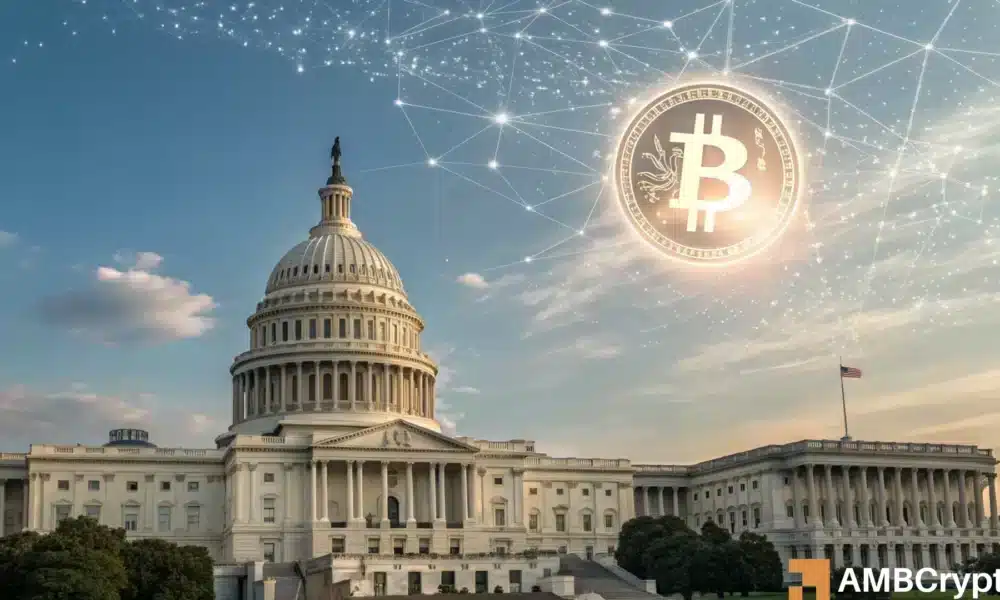New Hampshire and Florida are making headlines for their recent decisions to formalize Bitcoin reserve frameworks for public funds and treasury reserves. This move comes after the U.S. Department of Justice (DOJ) announced it would shift its focus away from crypto regulation via prosecution, instead focusing solely on criminal misuse of digital assets.
In a synchronized effort between state and federal bodies, New Hampshire and Florida have passed bills allowing state treasuries to invest public funds in Bitcoin and other high-market-cap digital assets. New Hampshire’s HB302 bill allows the state treasurer to allocate up to 10% of public funds to eligible digital assets, stablecoins, and precious metals, while Florida’s digital reserves bill not only approves Bitcoin for treasury investment but also codifies Bitcoin custody and loaning directly into state statute.
This trend of states asserting digital asset autonomy while the federal government recalibrates its crypto enforcement priorities is evident in the recent actions taken by the DOJ. Deputy Attorney General Todd Blanche issued a memo disbanding the National Cryptocurrency Enforcement Team (NCET) and instructing prosecutors to only pursue cases where individuals use crypto for criminal activities such as terrorism, narcotics trade, or financial fraud.
With the DOJ stepping back from prosecuting regulatory breaches by crypto exchanges and related services, states like Florida and New Hampshire are seizing the opportunity to explore Bitcoin reserve strategies for public funds. The convergence of these legislative actions at the state level with federal de-escalation marks a significant turning point in the normalization of digital assets in government finance.
The line between crypto and statecraft is fading quickly, with states taking the lead in incorporating digital assets into their financial frameworks. By aligning their policies with federal shifts in enforcement priorities, states like New Hampshire and Florida are paving the way for a more inclusive and progressive approach to cryptocurrency regulation in the United States.
Overall, the formalization of Bitcoin reserve frameworks by states like New Hampshire and Florida, combined with the DOJ’s shift away from crypto regulation via prosecution, signals a new era of acceptance and integration of digital assets into government finance. As these states lead the charge in embracing digital currencies, the future of cryptocurrency regulation in the United States looks to be more collaborative and forward-thinking.


